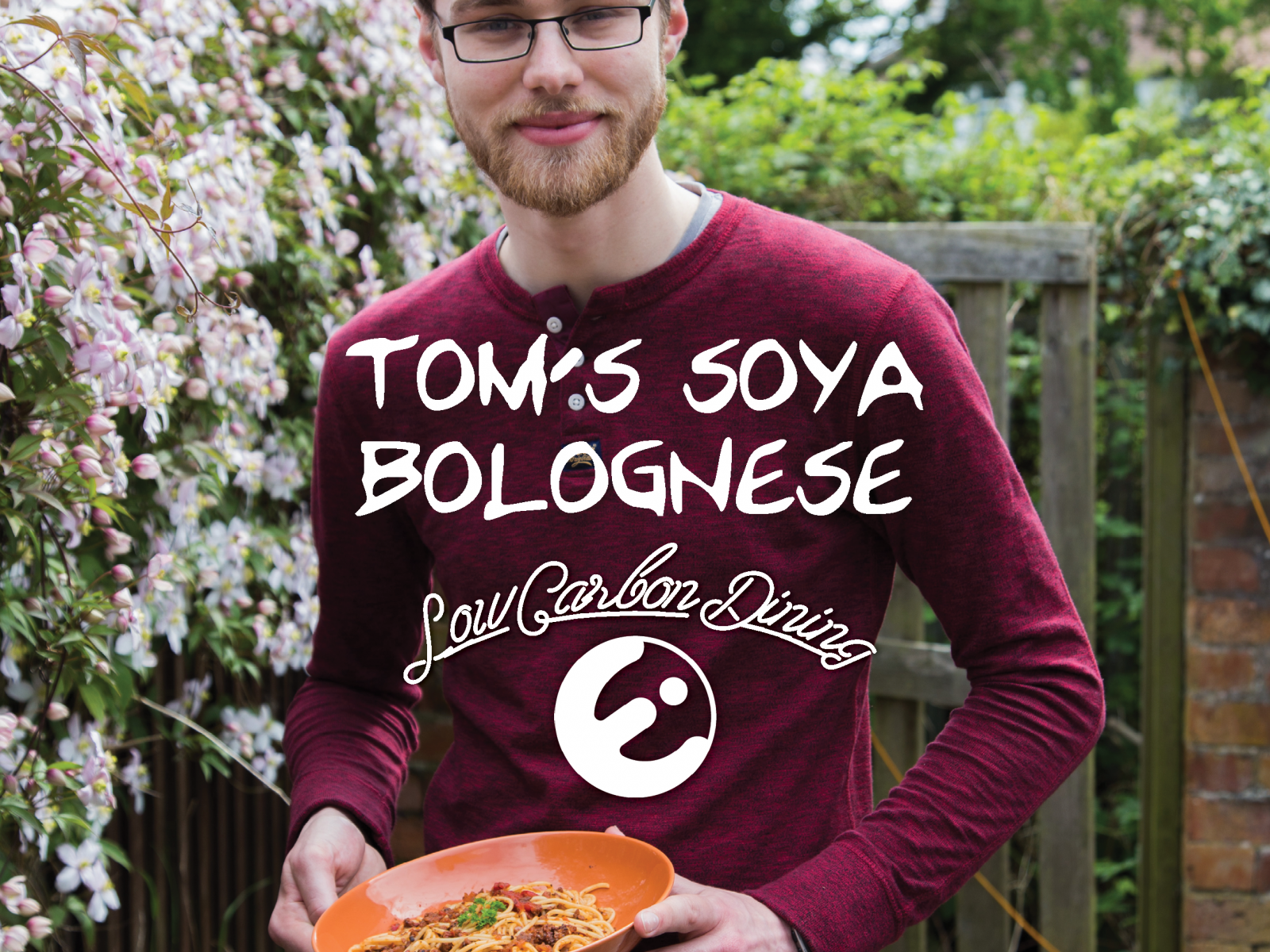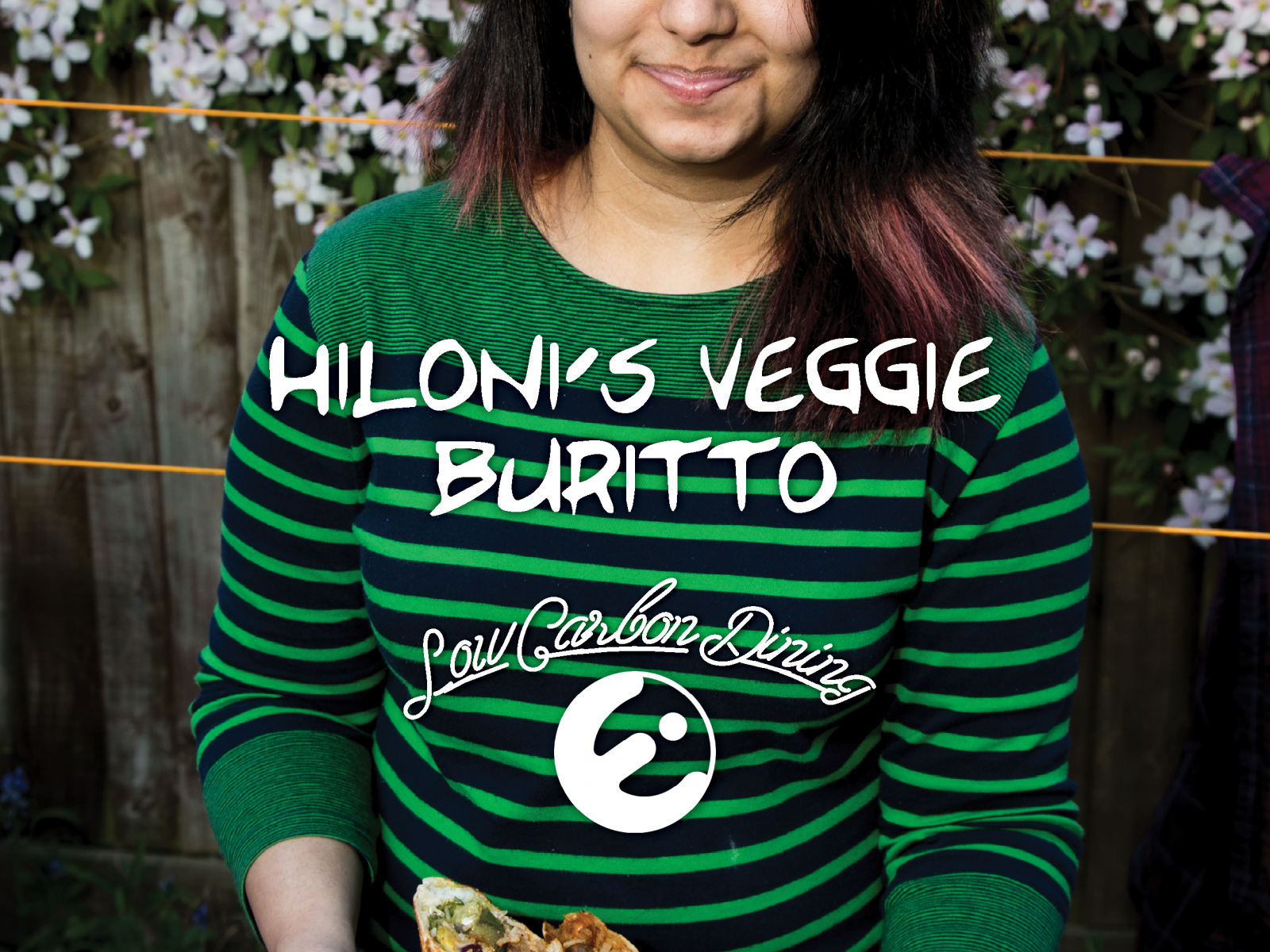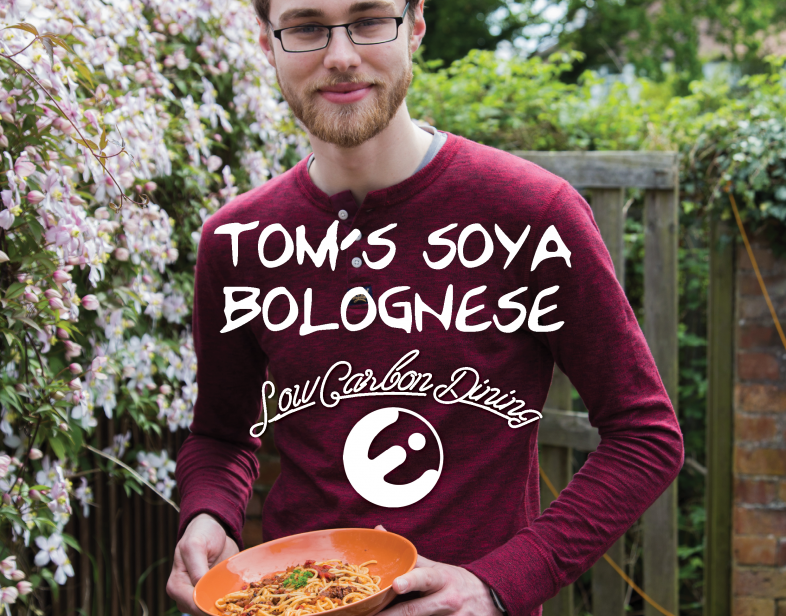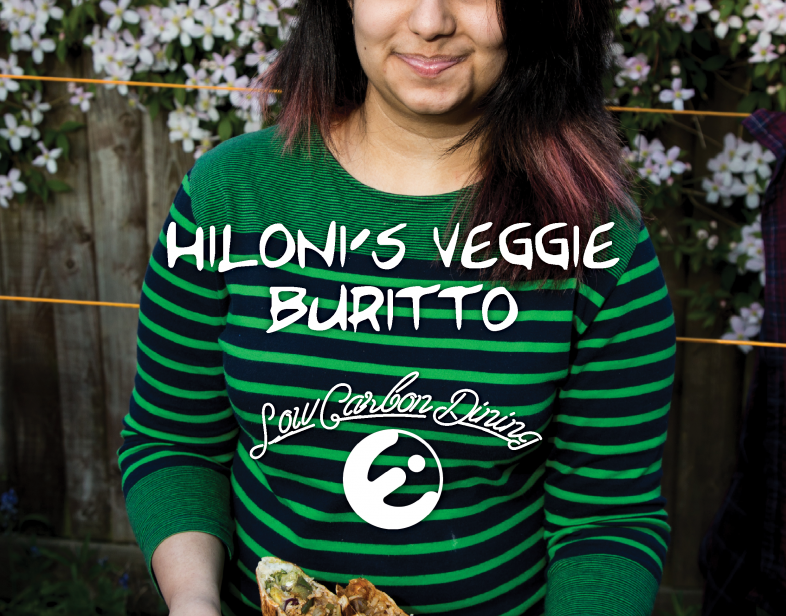An Overview Of Our Solution
E.Mission are offering a revolutionary & innovative environmental solution to counter the emissions associated with food. Using academic data, E.Mission will be the first to ‘carbon count’ food on restaurant menus; easy access to this hard-to-reach information will enable the public to intentionally opt for low carbon dining.
Compromises to our diets are the most effective change anyone in the UK can make to combat climate change (Poore and Nemecek, 2018) as diet contributes 10-50% of an individual’s carbon footprint. Simple changes can significantly reduce your ‘forkprint’ & consumer-led behaviour will demonstrate a demand for low carbon options.
E.Mission are developing a chargeable carbon benchmark for the hospitality industry and a free publically available mobile web application to inform the masses and combat climate change head on.
- Population Impacted: Those most at risk of climate change.
- Continent: Europe
Last name
Organization type
Context Analysis
Population growth and traditional eating habits have placed unprecedented demand upon global meat and dairy companies to increase production, the impact on emissions now means that the world's top five meat and dairy firms produce more emissions than Exxon, Shell or BP (GRAIN, 2018).
In 2015, the average person in the UK consumed 929 grams of meat each week, more than double the global average (DEFRA, 2015). In the UK, diet contributes 10-50% of an individual’s carbon footprint; reducing consumption of meat and dairy is the most efficient way to reduce individual impact (Poore and Nemecek, 2018). Diets featuring more plant-based foods offer health benefits (Scarborough, 2015).
The market fails via lack of information; the public are unaware of the differing emissions of various food items in supermarkets and food outlets. For many, carbon emissions are an unquantifiable metric; thereby presents the opportunity for E.Mission to concisely and simply communicate this information.
Describe the technical solution you wanted the target audience to adopt
E.Mission’s solutions are targeted at a broad range of individuals; our two key innovations both use data that offers insight on the carbon footprint of a variety of food and drink items.
1) Our mobile web application, currently in prototype stage, will offer recipe carbon counting & sharing, weekly ‘forkprint’ tracking, gamification and sustainable shopping lists among other features in an ambitious three year software development plan. Adoption and regular use of our technology will greatly increase awareness of the consequences of eating high carbon food and drink.
2) The carbon counting innovation will provide restaurants with a mechanism by which to print the emissions of each meal onto their menu and prove that they are committed to offering low carbon dining. Our target audience will have the chance to choose more sustainable dishes and provide traction to the transition to plant based diets.
Type of intervention
Describe your behavioral intervention
E.Mission’s solutions give the end user the chance to take collective action through informed decision; access to the carbon emissions for food and drink items addresses the market failure through misinformation.
The intervention is an opportunity for consumers to respond to a behavioural nudge. The mobile web app targets users ahead of the point of purchase and attempts to offer social incentives for taking part; gamification and competitive tracking of weekly carbon ‘forkprints’ among friends instigates the ability to collaboratively address the solution.
E.Mission’s initial trial featured a launch event in Birmingham, UK, to reach a local and engaged audience; our website prototype was visited over 1,100 times and our promotional video received over 3,500 views on social media within 30 days of our soft launch.
Our carbon counting service enables informed decision to be made; E.Mission are proposing a series of trials within restaurants and workplace canteens to concept test and identify whether consumers will respond to the additional knowledge. Dumanovsky et al. (2011) identified that printing calories on menus prompted 1 in 6 people to opt for lower calorie items. This estimate is an appropriate target to adopt, and highlights the importance of trials prior to commercialisation.
As needed, please explain the type of intervention in more detail
N/A
Describe your implementation
E.Mission’s solutions attempt to engage end users with the differing carbon emissions of their diet. For the average UK consumer in 2017, meat features in 71% of evening meals and is by far the greatest contributor to food-related climate change. E.Mission will make it easy to access the information that the emissions from beef can be ten times greater than of chicken. Momentum is growing for plant-based diets, in 2016 12% of the UK population follow vegetarian diets compared to just 2% in 2005 (Vegan Society, 2016). By informing the public and enabling low carbon decision making, bottom up change is instigated reducing the demand for meat products. The resultant impact is of a steady transition to fewer diet-associated emissions and a scalable contribution that tackles climate warming with behaviour change. Both our app and carbon counting service promote low carbon dining and will act to embed environmental concern within future food choices of the public.
To ensure our information has a meaningful impact, our approach to the solution will not be to alienate meat eaters. Instead, E.Mission suggests alternative meats (chicken, turkey etc.) and introduces more sustainable items elsewhere (e.g. bread instead of rice). Specifically, E.Mission have implemented a prototype app that enables users to determine the annual emissions of their diet.
Our key success to date has been in our video & prototype app receiving excellent attention; an important future milestone will be the acceptance and adoption of our carbon counting service by the users of our trial restaurants. This trial will have a series of metric that will record consumer adoption of low carbon dining.
The greatest obstacle to date has been lack of resource; six people work voluntarily on the project. To scale up, E.Mission applied and were successful in their first round of grant funding which will enable priority support to be subcontracted.
External connections
E.Mission has had excellent success engaging and developing a network of key stakeholders and have developed a fruitful pipeline of opportunities that we are pursuing. A few partners are detailed below:
- EIT Climate-KIC invited E.Mission to the West Midlands accelerator programme. Support received includes funding, business planning & access to a network of interested parties in the UK and in Europe.
- Birmingham-Pune Smart City Alliance; our directors have been invited to stakeholder meetings and will support the design of the partnership, which offers a development opportunity & funding for E.Mission.
- The Harborne Food School has supported our project by making key introductions to local industry and keynote speaking at our launch event.
- Oxford University are in support of our innovation and have offered a supportive role in best manipulating our data.
- Philip Beardmore, Environmental Consultant, supports our Business Model development.
- Warwick University; E.Mission are discussing an on-site campus Carbon Counting trial to be designed and implemented.
- Sustainable Restaurants Association (SRA) Andrew Stephen, CEO, is engaged with E.Mission and wishes us to support their initiative; One Planet Plate.
- Local councillors Roger Harmer & Lisa Trickett are engaged with E.Mission to develop relationships with local policy makers.
Who adopted the desired behaviors and to what degree?
The long-term impact of E.Mission’s awareness campaign in the Summer of 2018 has not been quantified. However, the launch event attracted media attention, West Midlands policy makers, local businesses and end users; 77 people attended and gained invaluable insight and knowledge to better inform the emissions of their diets.
Carbon Counting as a service has not yet been trialled, this will be an important milestone for E.Mission to determine if end users will opt to change their behaviour at the point of purchase.
How did you impact natural resource use and greenhouse gas emissions?
Raising awareness for the carbon emissions of diets has the potential to impact end users at all stages of consumption (supermarket, restaurants etc.). As such, the true impact of E.Mission’s work is difficult to quantify. During our launch event, E.Mission asked the audience if they thought a 10% reduction in carbon emissions of each diet was attainable, the verdict was of unanimous support. The average diet contributes 8,000 kg of carbon emissions each year. For each user that is able to reduce the carbon emissions of their diet by 10% (800 kg), the carbon saving is equivalent to driving 6,600 km or flying from New York to London, and back.
Our app and carbon counting service will both support the recording of data to accumulate carbon savings, this will enable E.Mission to quantify the impact of the initiative. This tracking will launch during our trial at Warwick University campus and will offer academic validation of our concept.
What were some of the resulting co-benefits?
E.Mission’s solution generates tangible reductions in greenhouse gas emissions driven by behaviour change, further benefits to health, land use and food security are instigated. The transition to plant-based diets that carbon counting will facilitate actively supports goals 3,12 and 13 of the UN’s Sustainable Development Goals. Reduced meat and dairy consumption will contribute towards a slowing demand and therefore need to land to be farmed inefficiently with livestock.
Academia has demonstrated that low emission diets are associated with lower occurrences of type II diabetes (Tilman and Clark, 2014) and diets featuring less meat offer other associated health benefits (Scarborough, 2015).
Sustainability
E.Mission is currently funded by accelerator programmes; further grant funding success will be necessary for approximately 18 months to support the Alpha and Beta development of the app and to conduct in-restaurant trials of the carbon counting service. All Company Directors support the venture voluntarily and offer excellent value for grant-funded money.
Carbon counting will generate revenue for E.Mission; we will initially operate a low risk model without employees or long-term contracts. This service will launch in the West Midlands in 2019 and will begin the transition towards E.Mission being a self-sustaining company with a presence driven by market appeal.
Return on investment
To date, less than £500 has been invested in E.Mission; the environmental outcomes have been achieved at excellent value for money and through the commitment of those involved offering time voluntarily. E.Mission has generated excellent environmental ROI and our carbon counting service will require a minimal time commitment to service and will therefore offer a sustainable financial ROI.
The E.Mission awareness campaign improved the awareness of carbon emissions associated with food among thousands of individuals in Birmingham. Our capability to continue delivering low cost climate solutions will continue in line with our ambitious plans to expand.
How could we successfully replicate this solution elsewhere?
After a low risk launch of Carbon Counting in the West Midlands in 2019, our data are replicable across the UK at minimal cost.
For national Carbon Counting implementation, the following developments are required:
1) Data analysis - subcontracted, to achieve automation of carbon counting menu data processing (e.g. DataKind - approx. £10,000)
2) Nutrition training - upskill E.Mission’s Carbon Consultant, offer tailored low emission alternatives (e.g. RSPH Level 3 & 4, £1,400)
3) Customer introductions - target restaurant introductions in desirable cities (Manchester & London) (e.g. partner support from Sustainable Restaurants Association, Unilever Food Solutions UK)
4) App development - subcontracted, past Alpha and Beta testing (approx. £60,000)
There is international applicability of E.Mission’s services; countries with similar eating habits to the UK have been identified (Belgium and France) and would be the most cost-effective entry to overseas markets.






